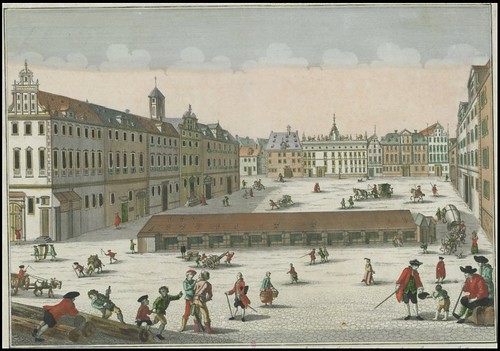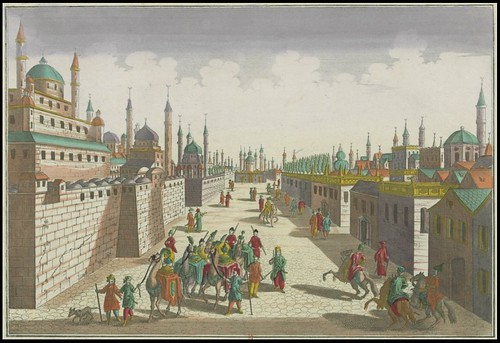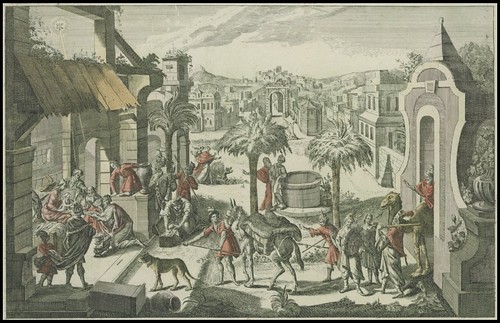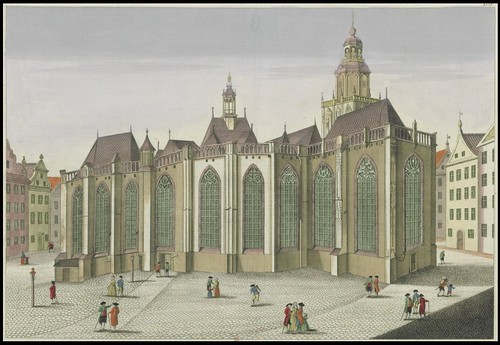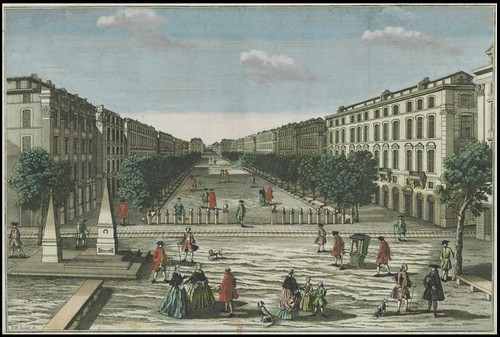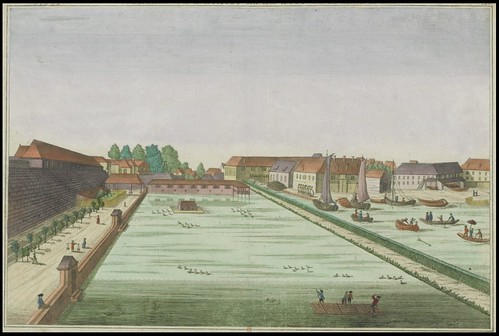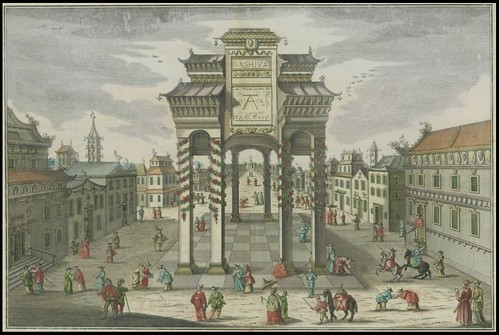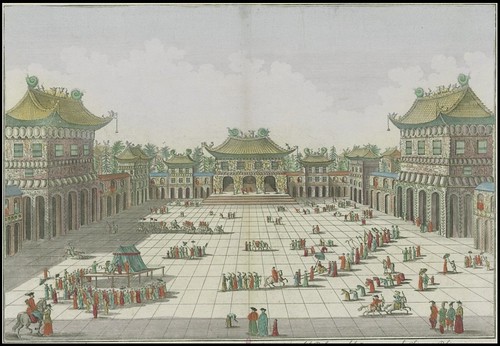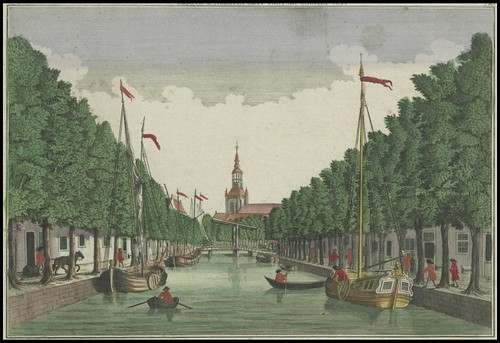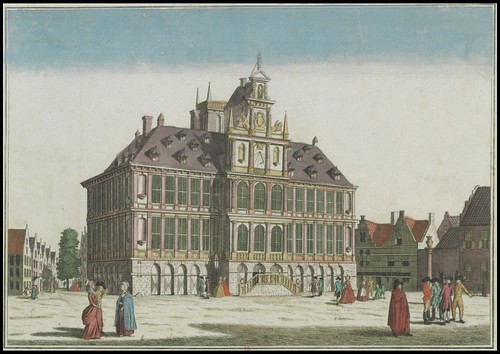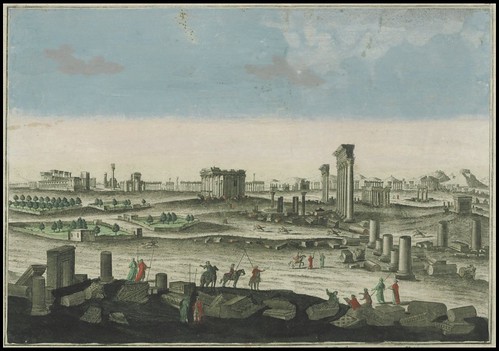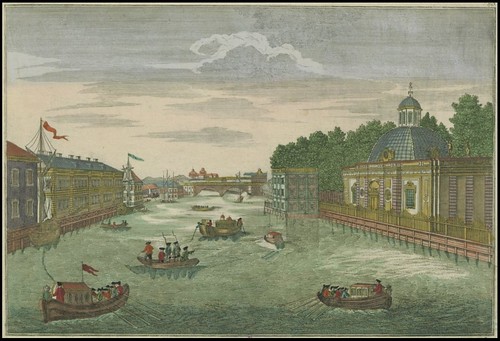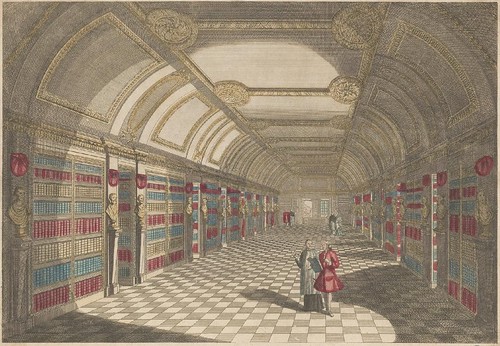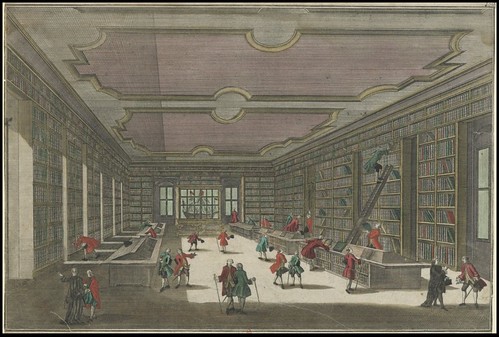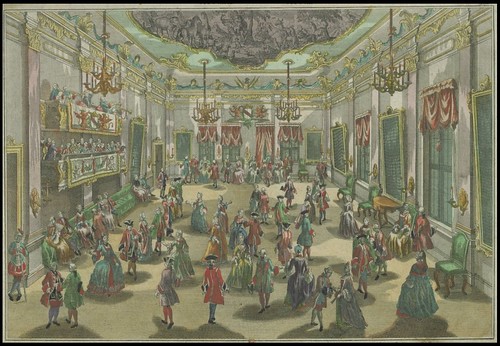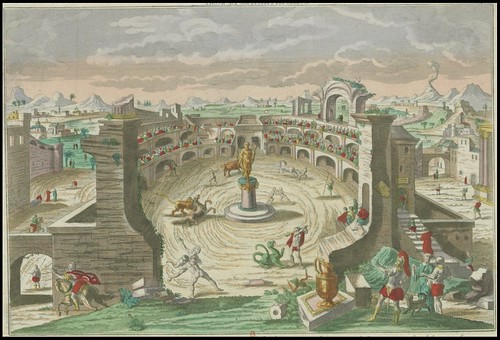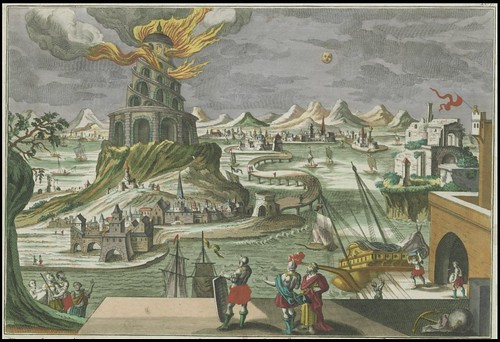by excerpts of turgid hyperbole served with saccharine verbiage.
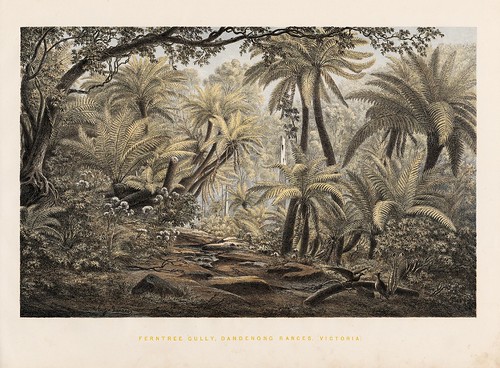
Fern Tree Gully, Dandenong Ranges (Victoria)
"One of the most characteristic and beautiful features of the mountain scenery of Australia is what is known as a Fern Tree Gully. It combines the vivid verdure, the cool freshness, and the shadowy softness of an English woodland stream, with the luxuriant richness and graceful forms of tropical vegetation."
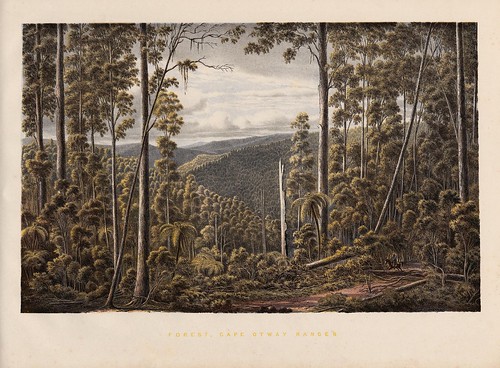
Forest, Cape Otway Ranges (Victoria)
"The journey is about as difficult as the physical features of the declivitous and thickly-wooded ranges are grand and romantic; and it is only at rare intervals that the tourist obtains such a glimpse of the mountain slopes, and wide-spreading forests as the artist has succeeded in doing at the spot which forms the foreground of the accompanying landscape. Lying about a hundred miles from Melbourne, as the crow flies, this tract of country is comparatively a terra incognita; so impenetrable is the jungle, and so vast the scope of the boundless forests, filled with battalions upon battalions of towering trees, the more eminent of which rise to an altitude of 300 feet."
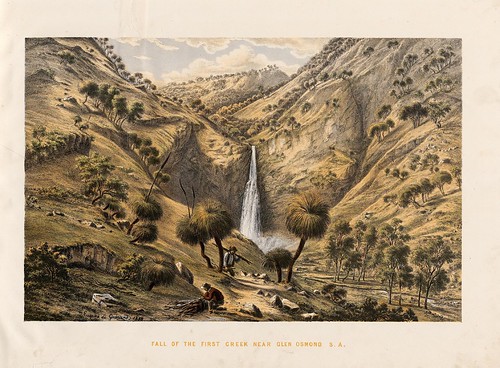
Fall of the first Creek near Glen Osmond (South Australia)
"From the village of Glen Osmond, a bush track, winding over a succession of hills, sprinkled with she-oaks and grass-trees, conducts the visitor to this sequestered spot, where the eye is charmed by the infinitely diversified forms assumed by the mountain slopes, and by the beauty of the Cascade, falling like a silvery veil over the rugged face of the rock, a sheer descent of 100 feet, and breaking into foam and spray in the valley beneath, through which it glides away, 'in mazy error lost'."
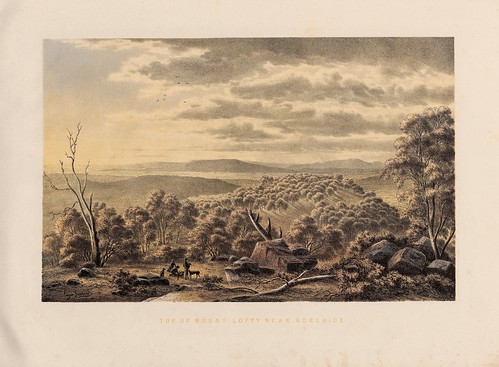
Top of Mount Lofty, near Adelaide (South Australia)
"Southward the prospect is intercepted by lofty trees, through the chance breaks in which, you catch occasional glimpses of breadths of pasture land and swelling hills. There is a good carriage road to Mount Lofty, and some of the views of wood and waterfall attainable *en route*, are exquisite. Within 200 feet of the summit, a vineyard has been planted, and produces some choice varieties of wine. Mount Lofty is much resorted to in the summer months by picnic parties, and it would be difficult to imagine a more delightful spot for such a purpose."
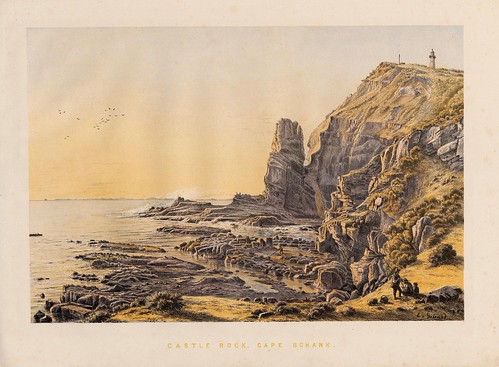
Castle Rock, Cape Schank (Victoria)
"The bold and romantic headland which bears this title forms one of the most picturesque "bits" of scenery on the Victorian coast. The rocks have been worn into the most grotesque and fantastic shapes by the action of the waves, which rush in, with a majestic sweep, from the Southern Ocean, and the sides of the precipitous cliffs are perforated with caverns, of which the roof and walls appear to be covered with roughly sculptured images; and the illusion is heightened by the dim light which pervades these cool and moist recesses."
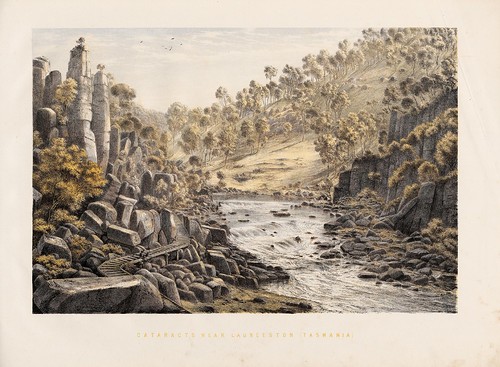
Cataracts near Launceston (Tasmania)
"The water has gradually worn its way through masses of basaltic rock, which assume the most fantastic forms, and present the appearance of a serpentine avenue lined with rude obelisks, clusters of massive pillars, large monoliths, and walls of natural masonry. Some are plumed with trees, others are tapestried with parasites, and all exhibit a prodigial diversity of form and position."
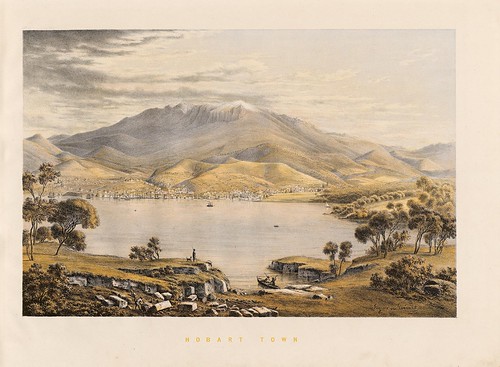
Hobart Town (Tasmania)
"The situation of the southern capital of Tasmania, is almost, if not altogether peerless. Genoa, Naples and Rio Janeiro may assert their claims to vie with it in this respect, but it is doubtful whether nature has done so much for the last three cities as for the former; and most impartial judges would concur in giving it the preference. Placed at the head of a noble estuary, and at the foot of a magnificent mountain, surrounded by foliage of English verdure, enveloped in an atmosphere of Ausonian blandness, and overarched by a sky of Australian brilliancy, Hobart Town fascinates the eye of the artist; and, excepting in regard some of its architectural details, combines all the elements of the picturesque, both as regards site and scenic accessories."
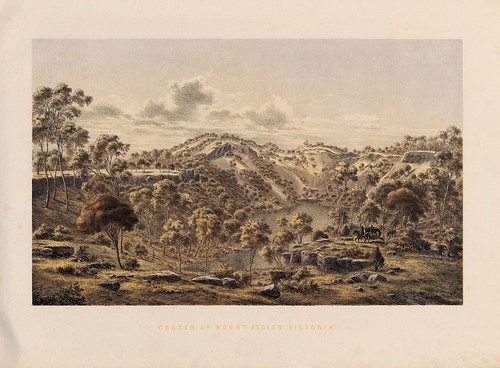
Crater of Mount Eccles (Victoria)
"The crater itself is one of the most picturesque in Victoria, owing to the irregularity of its structure, the fanciful disposition of the timber on it declivitous slopes, and to the circumstance that a beautiful fresh water lake occupies the concavity in the centre, and the waters are of a brilliant green harmonizing with the hue of the surrounding vegetation."
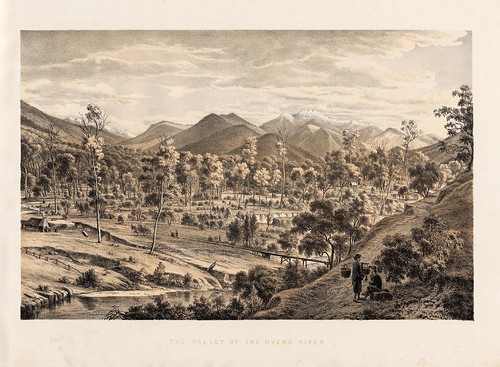
The Valley of the Ovens River (Victoria)
"The natural Amphitheatre, pourtrayed in the Illustration, lies between Morse's Creek and Harrietville, about two hundred miles north-west of Melbourne. Nothing can be more striking than the contrast between the amenity of the Scenery in the foreground and the austere grandeur of the lofty ranges by which it is enclosed. The mountains which, for the most part, assume a pyramidal form, are of slate formation, and their sides are clothed with forests of great density."
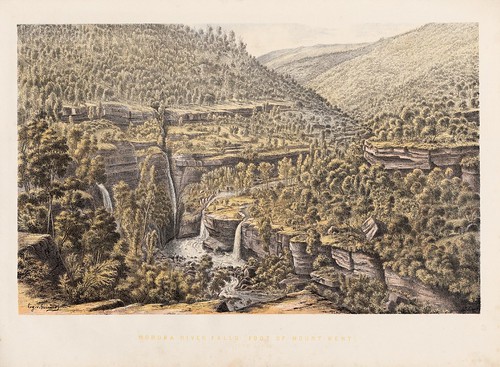
Moroka River Falls (foot of Mount Kent, Gipps Land) (Victoria)
"In the very heart of the Gipps Land Mountains, in one of the most secluded districts of the colony, though little more than sixty miles from Melbourne, well forth the springs which unite to form the torrent of the Moroka. The artist has reason to believe that he and Mr Alfred Howitt were the first to discover these falls, while descending from the summit of Mount Kent. Guided by the roar of a cataract, and penetrating, which great difficulty, the woody fastnesses in which it was hidden, they at length reached this romantic spot, and experienced all the gratification which attends the first sight of a magnificent object hitherto unrevealed to human eye."
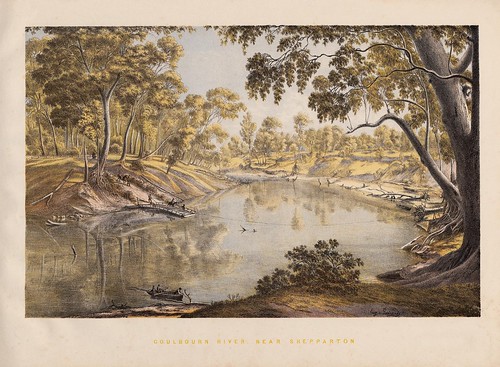
Goulburn River, near Shepparton (Victoria)
"As there is considerable uniformity, not to say monotony, in the river scenery of Victoria, the accompanying view, taken at a spot near the junction of the Goulburn with the Broken River, may be taken as fairly representative of the general character of Victorian rivers. Affluent streams in the rainy season, their volume is diminished and circumscribed within a narrow channel during the summer time; and while they are liable to inundation at one period of the year, they are also apt, in some instances at least, to disappear altogether at another."
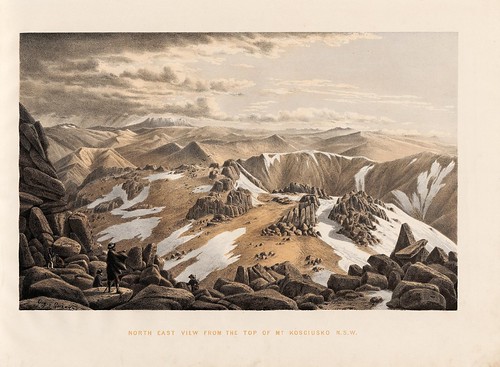
North East view from the top of Mt Kosciusko (NSW)
"This is the grandest, the loftiest, and the most imposing of all the Mountain Crags which constitute the Australian Alps. It is situated about 300 miles from Sydney, and among its western slopes lie some of the numerous sources for the Murry, while on the opposite side of the range is the gathering ground of the waters which feed the rivers of Gipps Land."
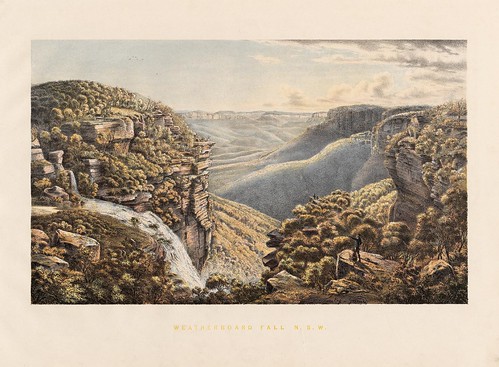
"This noble cataract derives its homely name from a small public house, entitled the Weatherborad Hut, and is situated on the road from Sydney to Bathurst, which runs at a distance of about two miles and a half from the romantic scene, depicted in the accompanying engraving. [..] Speaking of this majestic scene, Darwin says: - 'If we imagine a winding harbor with its deep water surrounded by bold cliff-like shores, to be laid dry, and a forest to spring up upon its sandy bottom, we should then have the appearance and structure here exhibited'."
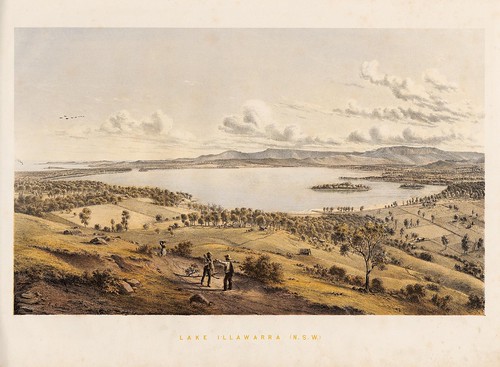
Lake Illawarra (NSW)
"The abundance of wild fowl on the Lake renders it a favorite haunt of sportsmen; while the forests which clothe the sides of the Illawarra, or Merryong Range, likewise teem with game. Few scenes combine so many picturesque elements as this, in which the placid beauty of the Lake, sprinkled with islands, and set in a zone of smiling pastures and umbrageous woods, is contrasted so effectively with the rugged grandeur of the predominating mountains, and the noble expanse of the neighbouring ocean."
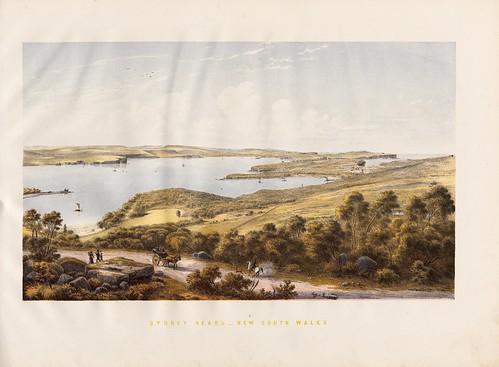
Sydney Heads (NSW)
"The road to the South Head is deservedly a favourite drive with the inhabitants of Sydney, and the stranger passing over it for the first time experiences a succession of demands upon his admiration, as each bend in the road discloses to him some new combination of sea and shore and sky, each lovlier than the last."See: Statement of Significance - 1865 Sydney Heads, Eugene Von Guérard at the Migration Heritage Centre of NSW.
'Australian Landscapes: a Series of 24 Tinted Lithographs Illustrative of the Most Striking and Picturesque Features of the Landscape Scenery of Victoria, New South Wales, South Australia and Tasmania' - Drawn from Nature and Lithographed by the Artist, with Letter Press Descriptivee of each View' (1860) features artwork by the German Romantic landscape painter, Eugene von Guérard and is available online via the Eberhard Karls University in Tübingen.
[click anything below 'Inhalt' and then 'Voschau' for thumbs]
"Eugene von Guérard, painter and teacher, was born in November 1811 in Vienna. From 1826, he toured Italy with his artist father and between 1830 and 1832 resided in Rome. From around 1839 to 1844, he studied landscape painting at the Dusseldorf Academy, and travelled widely.
In 1852, he moved to London, and in August that year decided to travel to Victoria, Australia to try his luck on the goldfields. He arrived at Geelong on 24 December 1852, and made many sketches of the mining districts around Ballarat until 1854.
He moved to Melbourne, and in 1870 was appointed the first Master of the School of Painting, National Gallery of Victoria. He retired from this position at the end of 1881, and in 1882 departed for Europe. In 1891, he moved to London, and died in London on 17 April 1901. He is buried in Brompton Cemetery, Chelsea, England." [source]
Ironically enough, there is an exhibition on the paintings of von Guérard touring Australia, currently at the National Gallery of Victoria [also] (the exhibition is moving to Brisbane in a couple of weeks).
The exhibition and published monograph are reviewed by Caroline Jordan for Melbourne Art Network (also).
Previously: Australia (particularly).

